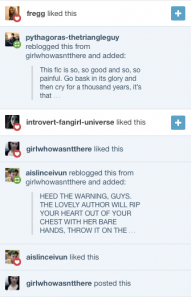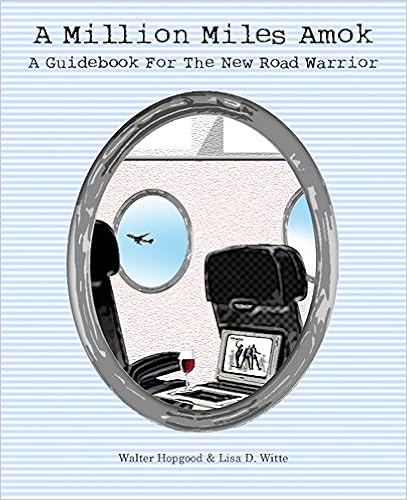So of course Migration: Beginnings, is ready to go. Finished, polished, edited, and right now sitting with a publisher. But beyond that, I don’t know what the status is, because it’s been 3 months since I’ve submitted the book to the publisher. I keep hoping to hear, but at some point, you just have to cut your losses and move on.
I’ve decided that if I don’t hear from the publisher by the end of October, that I’m going to move forward with one more publishing house that my friend Kim says would be a good fit. But if they say no or don’t get to me, then I’ll just move on to publishing the book myself.
I hate waiting.
But I guess I’m going into a business that has a ton of waiting time built in. You’ve got your time writing, your time editing, your time waiting for responses. And who likes all that waiting? Especially if you’re looking for something by one of your favorite authors? I think I’m bad on this side of the table – and then I realize that it’s me on the other side of the table when it comes to some authors that I love. For Ken Goddard‘s “First Evidence” series, I had to wait a relatively short time between his first and second books in the series (20 months) and a long time between the second and third books in that series (11 years)!
So we all hate waiting, especially me. New plan is to have an answer by the end of the year on the Migration series. And if it’s self published, then the second book will be completed by the time the first book comes out. Because why make other people wait, when it’s something I’m loathe to do myself?




